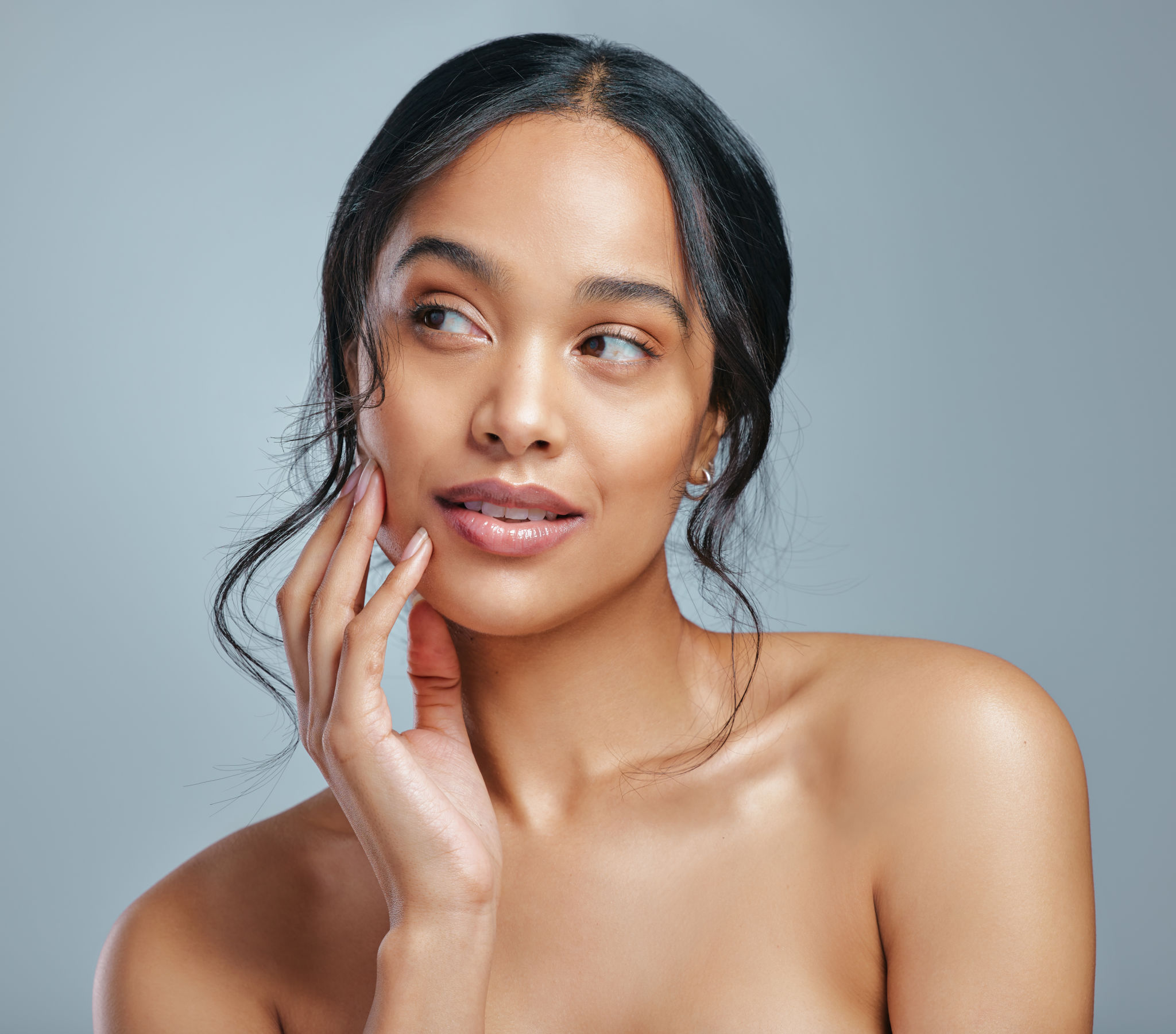How to Choose the Right Anti-Aging Treatment for Your Skin Type
Understanding Your Skin Type
Before diving into the world of anti-aging treatments, it's crucial to understand your skin type. This foundational step will help you choose the most effective products and procedures that cater specifically to your needs. Generally, skin types are categorized into five main types: normal, dry, oily, combination, and sensitive. Each type has its unique characteristics and requires different care.
Normal skin is well-balanced, neither too oily nor too dry. Dry skin often feels tight and may appear flaky or rough. Oily skin is characterized by a shiny appearance and is prone to acne and enlarged pores. Combination skin features both oily and dry areas, typically with an oily T-zone and dry cheeks. Lastly, sensitive skin may react to certain products, displaying redness or irritation.

Identifying Anti-Aging Concerns
Once you've determined your skin type, it's time to identify your specific anti-aging concerns. Common concerns include fine lines and wrinkles, loss of elasticity, uneven skin tone, and age spots. By pinpointing these issues, you can select treatments that target them effectively.
For example, if you're dealing with fine lines and wrinkles, consider treatments rich in retinoids or peptides. These ingredients are known for their ability to stimulate collagen production and smooth the skin's surface. For uneven skin tone or age spots, look for products containing vitamin C or niacinamide, which can help brighten the complexion.

Choosing the Right Ingredients
When selecting an anti-aging treatment, it's important to pay attention to the ingredients listed on the product's label. Some key ingredients to look for include:
- Retinoids: Known for their ability to reduce wrinkles and improve skin texture.
- Hyaluronic Acid: Excellent for hydration and plumping the skin.
- Vitamin C: Helps in brightening the skin and reducing age spots.
- Peptides: Aid in boosting collagen production.
- Niacinamide: Known for its anti-inflammatory properties and ability to even out skin tone.
Considering Professional Treatments
In addition to over-the-counter products, professional treatments are available that can provide more dramatic results. Options such as chemical peels, microdermabrasion, and laser therapy can address deeper lines, pigmentation issues, and overall skin texture. Consulting with a dermatologist or skincare professional can help you decide which treatments are best suited for your needs.

Research and Reviews
Before committing to any treatment, conduct thorough research and read reviews from other users with similar skin types and concerns. This insight can provide valuable information about potential side effects and effectiveness. Online forums, beauty blogs, and social media platforms are excellent places to gather such feedback.
Patch Testing
Regardless of how promising a product or treatment appears, always perform a patch test before full application. This step ensures that your skin does not react adversely. Apply a small amount of the product on a discreet area of your skin and wait 24 hours to check for any signs of irritation.

Consistency is Key
The effectiveness of any anti-aging regimen largely depends on consistency. Ensure that you adhere to a regular skincare routine, applying products as directed to see the best results. Additionally, maintain a healthy lifestyle by staying hydrated, consuming a balanced diet rich in antioxidants, and protecting your skin from sun exposure.
By following these guidelines, you can confidently choose the right anti-aging treatment tailored specifically for your skin type and concerns. Remember that patience and diligence are essential in achieving youthful and radiant skin.
